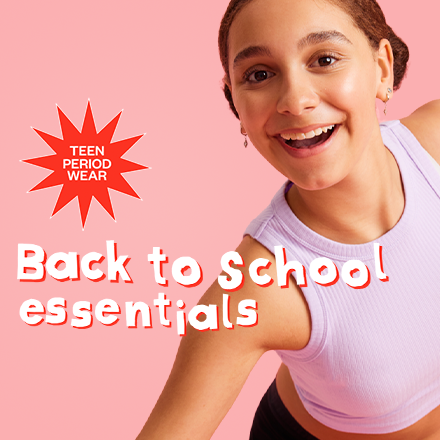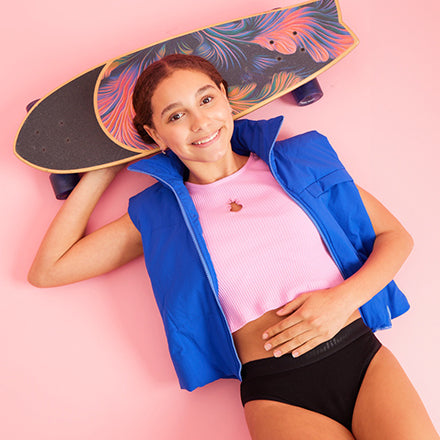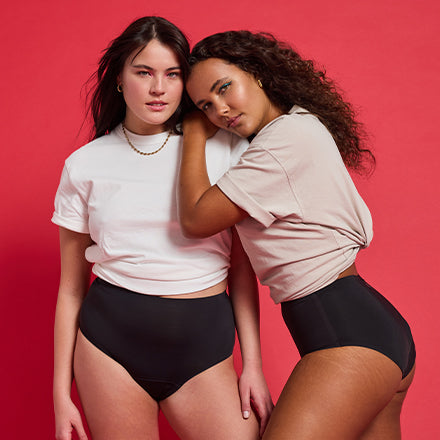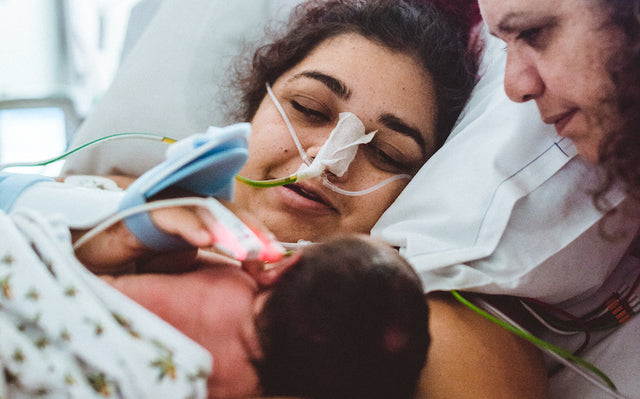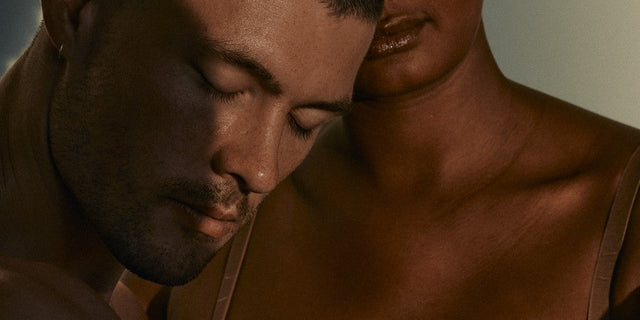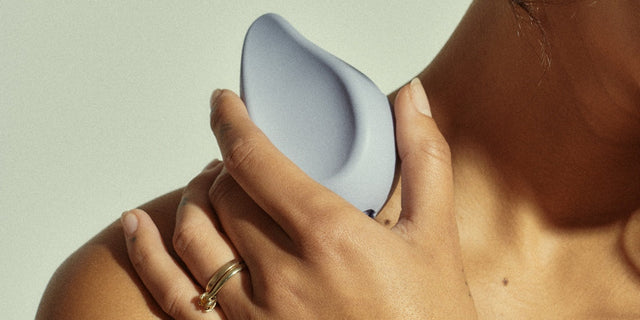Bobbi Lockyer is a Ngarluma, Karriyarra, Yawuru, Nyulnyul woman, a creative storyteller, and artist and a photographer. Here she shares her postpartum journeys...
I was completely unprepared for the postpartum period with my first baby, I had no idea. I’d done a few pregnancy classes, but they focused on the pregnancy, the labour and the different birth outcomes...but didn’t prepare me for what would happen after having the baby.
I had absolutely no idea that I was going to bleed for six weeks, or what the hormones were going to do to me. I had no idea that my belly wouldn’t shrink straight away. I remember looking in the mirror straight after giving birth and asking the midwife why my belly was still a big balloon, because I guess the media portrays women ‘bouncing back’ straight after giving birth...so that’s what I thought.
Postpartum in the media is blissful period with a new mother and her new baby. I don’t think I really saw anything about bleeding, or leaking milk, or healing from scars or stitches – stuff the media glosses over to make it look this this really beautiful period, which it can be, but it’s not the whole reality.
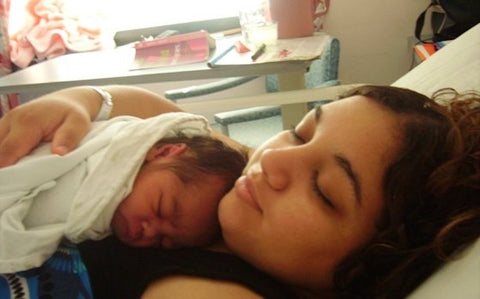
I’ve had four babies, and over the years, I’ve become more empowered and learnt about childbirth and the postpartum journey. As I’ve become more connected to myself and educated myself, I’ve become a strong advocate for Birthing on country, as Indigenous women do not receive the same level of access to health care as non-Indigenous mothers, and this often results in terrible birthing outcomes.
While my first three births were relatively normal, my fourth birth was a really traumatic experience, and I didn’t get the support I needed from the hospital, or the midwives or the doctor, so that journey was incredibly hard, just coming to terms with my birth injuries and trying to heal.
I was lucky that I had the support of my friends and family, but it was definitely a really hard time, and I did slide into depression.
After seeing first-hand through my own birth experience the level of care I received, I’m passionate about seeing change in the area of pregnancy and postpartum care for Indigenous women’s health.
For me, the most positive aspect of the postpartum period is bonding with my baby in those early days when you’re waiting for your milk to come in, and your body is learning your baby’s cues.
As for advice I’d give to mums-to-be, I’d say really research what can and does happen postpartum, and don’t go in blindly, like I did with my first baby. Find out who can be a support person after the birth, because there’s a lot of focus on getting the right support during birth and labour, but you still need support after that as well, and I only found out about systems and support like postpartum doulas after my fourth baby.
Also, go easy on yourself. The housework can wait. Your body has been through an incredible ordeal and done this amazing thing, and it needs time to recover.

I wanted to be part of Embodied: Postpartum Unfiltered to help change the narrative about what the media and social media portray about postpartum. I feel there’s a lot of pressure on mothers to ‘bounce back’ but we need to show that the postpartum journey is hard, that we do need support, and that there are support systems in place.
Postpartum is hidden and not talked about, and I think it should be, so let’s open the conversation.



